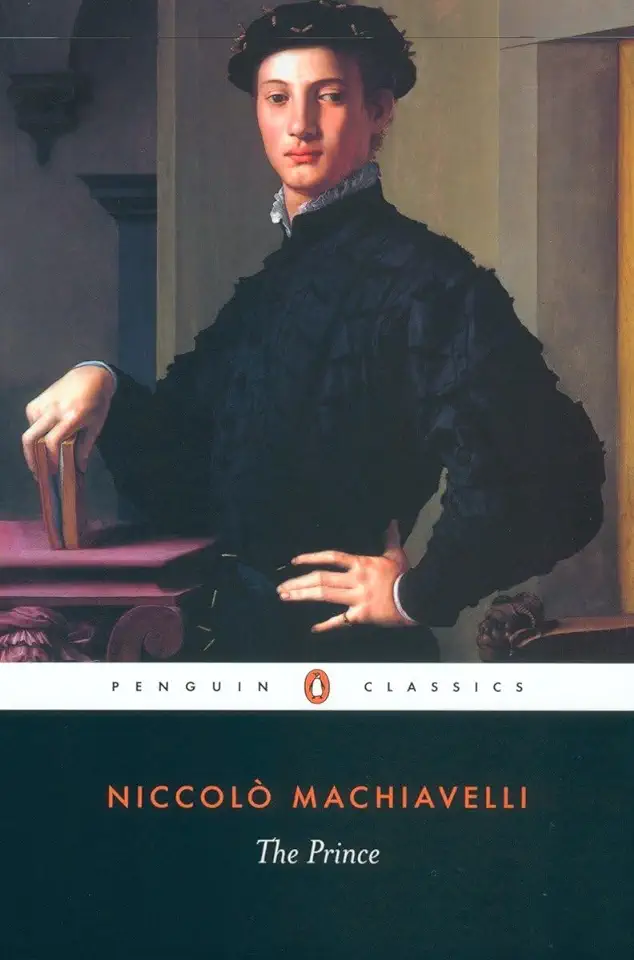
The Prince - Niccolò Machiavelli
The Prince: A Timeless Guide to Power and Politics
In the realm of political philosophy, few works have had as profound and enduring an impact as Niccolò Machiavelli's "The Prince." Written in the early 16th century, this seminal treatise on statecraft and power dynamics continues to captivate readers with its incisive insights into human nature and the art of governance.
A Masterpiece of Political Realism
"The Prince" is a masterpiece of political realism, offering a brutally honest and pragmatic examination of the methods and strategies employed by successful rulers. Machiavelli dispels the notion of a perfect, morally upright leader, instead arguing that effective leadership often requires difficult choices and ruthless actions. He emphasizes the importance of maintaining power and security above all else, even if it means resorting to deception, cunning, and violence.
Key Themes and Concepts
Throughout the book, Machiavelli explores various key themes and concepts that have become central to political discourse. These include:
1. The Nature of Power: Machiavelli argues that power is the ultimate goal of any ruler, and that it must be acquired and maintained by any means necessary. He famously states that "it is better to be feared than loved" and advises rulers to cultivate a reputation for strength and decisiveness.
2. The Importance of Virtue: While Machiavelli emphasizes the importance of power, he also recognizes the value of virtue in a ruler. He argues that a ruler should possess qualities such as courage, intelligence, and generosity, as these traits inspire loyalty and respect from subjects.
3. The Role of Fortune: Machiavelli acknowledges the role of fortune in shaping political events, but he also stresses the importance of human agency. He argues that a wise ruler can mitigate the effects of fortune by being prepared for adversity and seizing opportunities as they arise.
4. The Art of War: Machiavelli devotes a significant portion of the book to discussing military strategy and tactics. He emphasizes the importance of a strong military force and the need for rulers to be skilled in the art of war.
A Controversial Legacy
"The Prince" has been the subject of much controversy and debate throughout history. Some critics have condemned it as a cynical and amoral guide to power, while others have praised it for its realism and its insights into the true nature of politics. Regardless of one's perspective, there is no denying the profound influence of "The Prince" on political thought and practice.
Why You Should Read "The Prince"
"The Prince" is a must-read for anyone interested in politics, history, or human nature. It is a timeless classic that offers valuable lessons on the exercise of power, the challenges of leadership, and the complexities of statecraft. Whether you agree with Machiavelli's ideas or not, you will undoubtedly be captivated by his brilliant analysis and thought-provoking arguments.
Conclusion
"The Prince" is a powerful and provocative work that has stood the test of time. Its insights into power, politics, and human nature remain as relevant today as they were when the book was first written. If you are ready to embark on a journey into the dark and fascinating world of political realism, then "The Prince" is a book you cannot afford to miss.